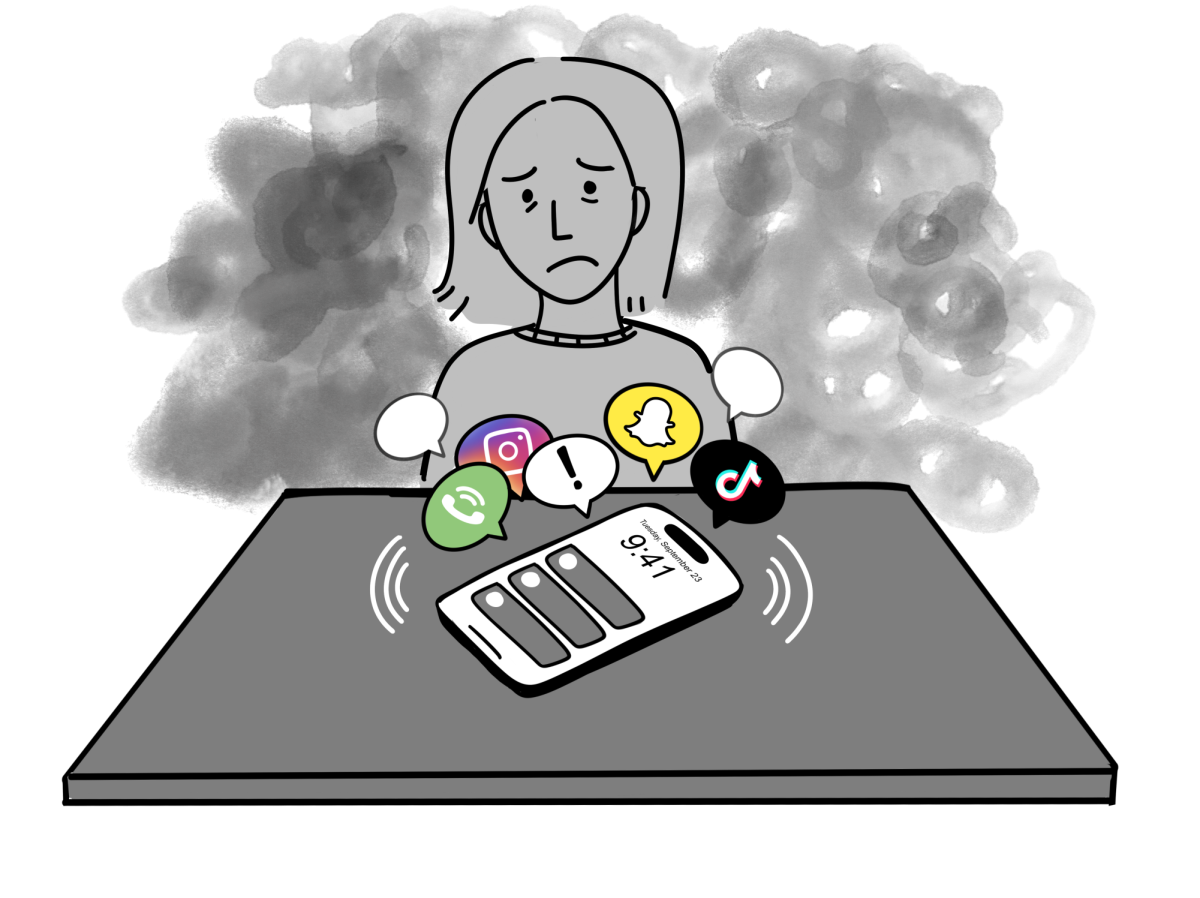
Imagine you and four of your friends are getting pizza, with barely enough cash for a single pie. You vote on what to order; either pepperoni or plain. The five of you vote, and the results are clear. Three for pepperoni, and two for plain. But what should be a simple vote soon spirals into a fiery inferno where democracy goes to die.
Your friend, advocating for plain pizza, handles the matter differently. He claims the three of you at your table are sitting closer together, and should thus have their voting power reduced. He states that merely it’s what the founding fathers intended, and that bloated, urban tables like yours control the pizza industry, leaving smaller table’s like his trampled in their wake.
Now here’s the truth; this story wasn’t about pizza at all. It was about the Electoral College, a system whose ramifications sweep far beyond pizza, into every fissure of democracy in America. It determines how much your voice matters, with someone in a rural state like Wyoming having nearly four times the political power as a Californian. Americans often laud democracy as their nation’s shining virtue, but until we have a system that truly embodies those values, we’ll be praising a farce. Our society’s changed since 1787; let’s change with it.
These problems are exacerbated by the “winner takes all” structure the electoral college is built around. Maybe you’re running for president, and you managed to pull 49.9 percent of the vote in a state. Not too shabby, right? Think again. Under the electoral college, a state’s winner reaps all the rewards, and every single vote goes to them. Additionally, this means that if you’re part of a political minority in your state, your vote is rendered worthless. In contrast, a popular vote allows the representation of everyone’s vote, regardless of where their state may fall politically. Ultimately, this means that our current system allows a few swing states to control the entire presidential election, something the electoral college is meant to guard against.
Proponents of the electoral college suggest that this institution is necessary, as it accommodates for the differing interests and desires of individual states. And while that argument does hold merit, it’s important to recognize that the country we live in today is a far cry from the US in its founding years. From the advent of the first phone, all the way to the internet today, our world has grown increasingly interconnected. This advancement in communication has led to an astonishing ability to share and receive information, creating a world in which talking to your friend a thousand miles away is as easy as your next door neighbor. With the absence of the old geographical boundaries that used to divide us, we enter an era of increasing national cohesion. And if we want to create a system that truly acknowledges every voice, then we’re going to have to move beyond the past.
Think it’s time for a change? You’re not alone. Research now shows that 61% of Americans support abolishing the electoral college, with jurisdictions across the nation already proposing policy against it. A new horizon awaits our governance; all you have to do is take a slice.





